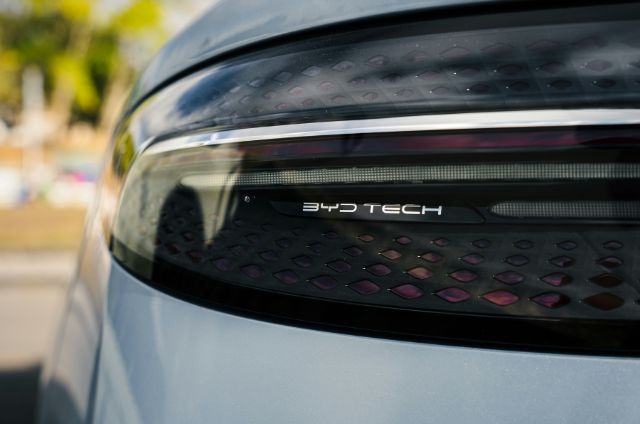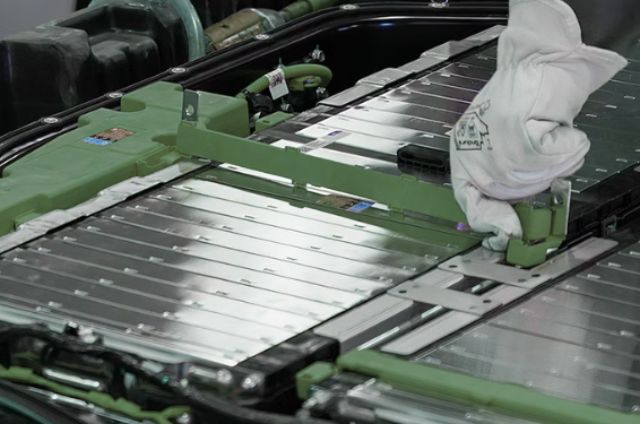Toyota delays the launch of its electric vehicle (EV) manufacturing operations in the United States. Originally slated to begin production by late 2025 or early 2026, the new timeline pushes the start date to an unspecified point in 2026. This decision comes as global demand for battery-powered vehicles experiences a downturn, prompting several major automakers to reevaluate their EV ambitions.
The move highlights Toyota’s response to a broader trend affecting the automotive industry, where demand for electric vehicles has softened in key markets. Despite this, the company remains committed to its ambitious goal of producing 1.5 million battery electric vehicles by 2026, as stated by company spokesperson Scott Vazin. Over the next two years, Toyota plans to introduce five to seven new battery electric models to the U.S. market.
Delays and Strategic Investments
Earlier this year, Toyota announced a $1.3 billion investment in its Kentucky factory, which will focus on manufacturing a new three-row electric sport utility vehicle (SUV). Additionally, plans are underway to build another electric model at a facility in Indiana. To bolster its EV capabilities, Toyota is also ramping up lithium-ion battery production at a new factory in North Carolina, set to begin operations next year.
Toyota’s announcement comes amid a wave of adjustments in the auto industry as major players grapple with fluctuating demand for electric vehicles. Recently, Tesla reported quarterly figures that fell short of Wall Street expectations, raising concerns about its first potential annual decline in deliveries. Similarly, Volvo has scaled back its commitment to producing only fully electric cars by 2030, indicating a shift towards hybrid models due to changing market conditions.
Ford’s Strategic Revisions
Ford is also recalibrating its EV strategy, having recently scrapped plans for a large, all-electric SUV and postponing the launch of its next electric pickup truck. Chief Financial Officer John Lawler cited “pricing and margin compression” as reasons for these adjustments, reflecting the challenges facing automakers as they navigate the evolving landscape of electric vehicle production.
As the electric vehicle market undergoes significant changes, Toyota’s decision to delay its U.S. production underscores the need for automakers to remain agile in response to shifting consumer preferences. While the company aims to maintain its commitment to electric vehicles, the path forward may require ongoing reassessments of market conditions and strategic investments. As industry dynamics evolve, the coming years will be critical for Toyota and its competitors in shaping the future of electric mobility.



